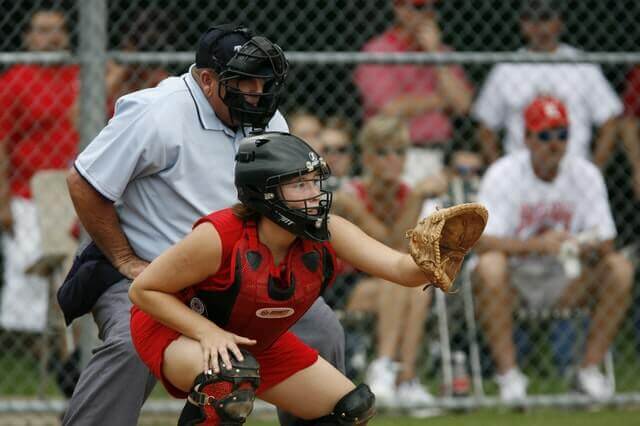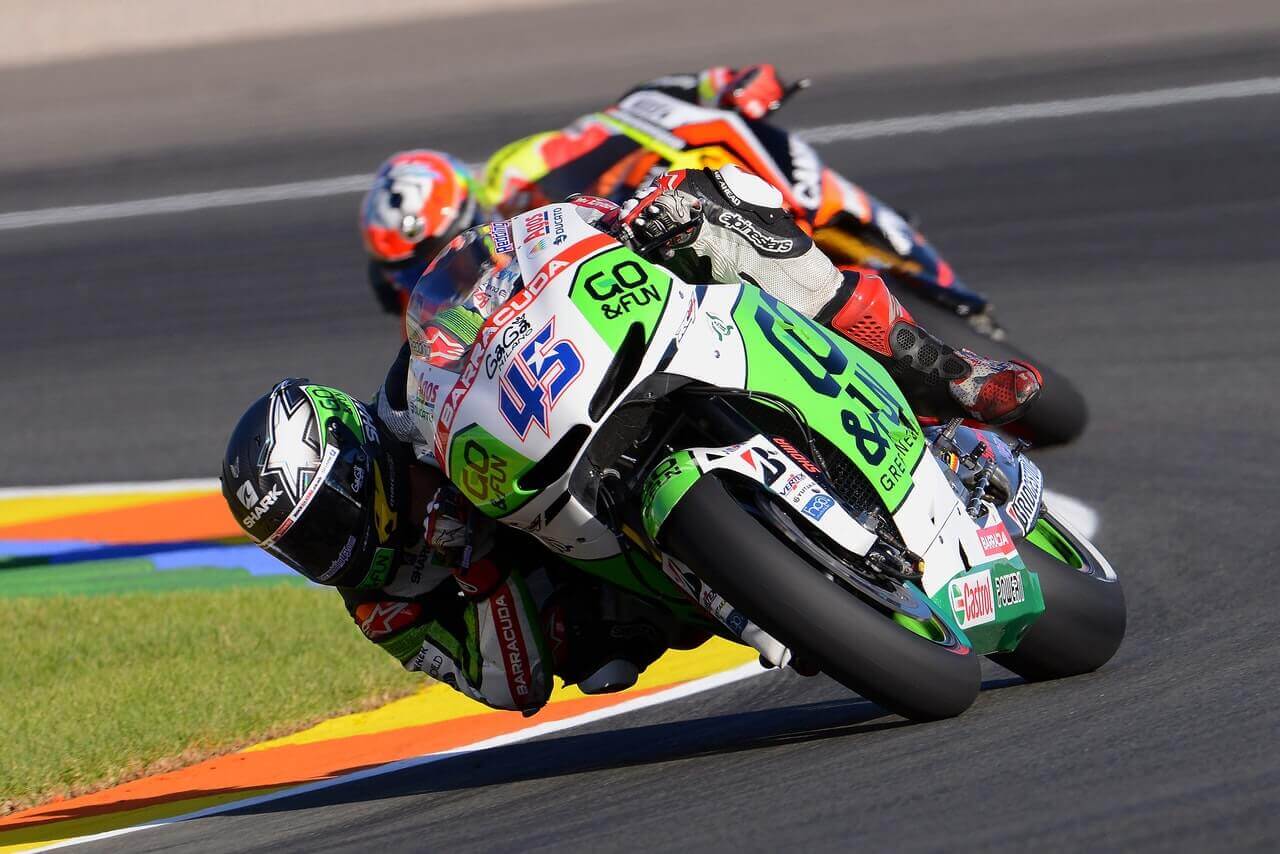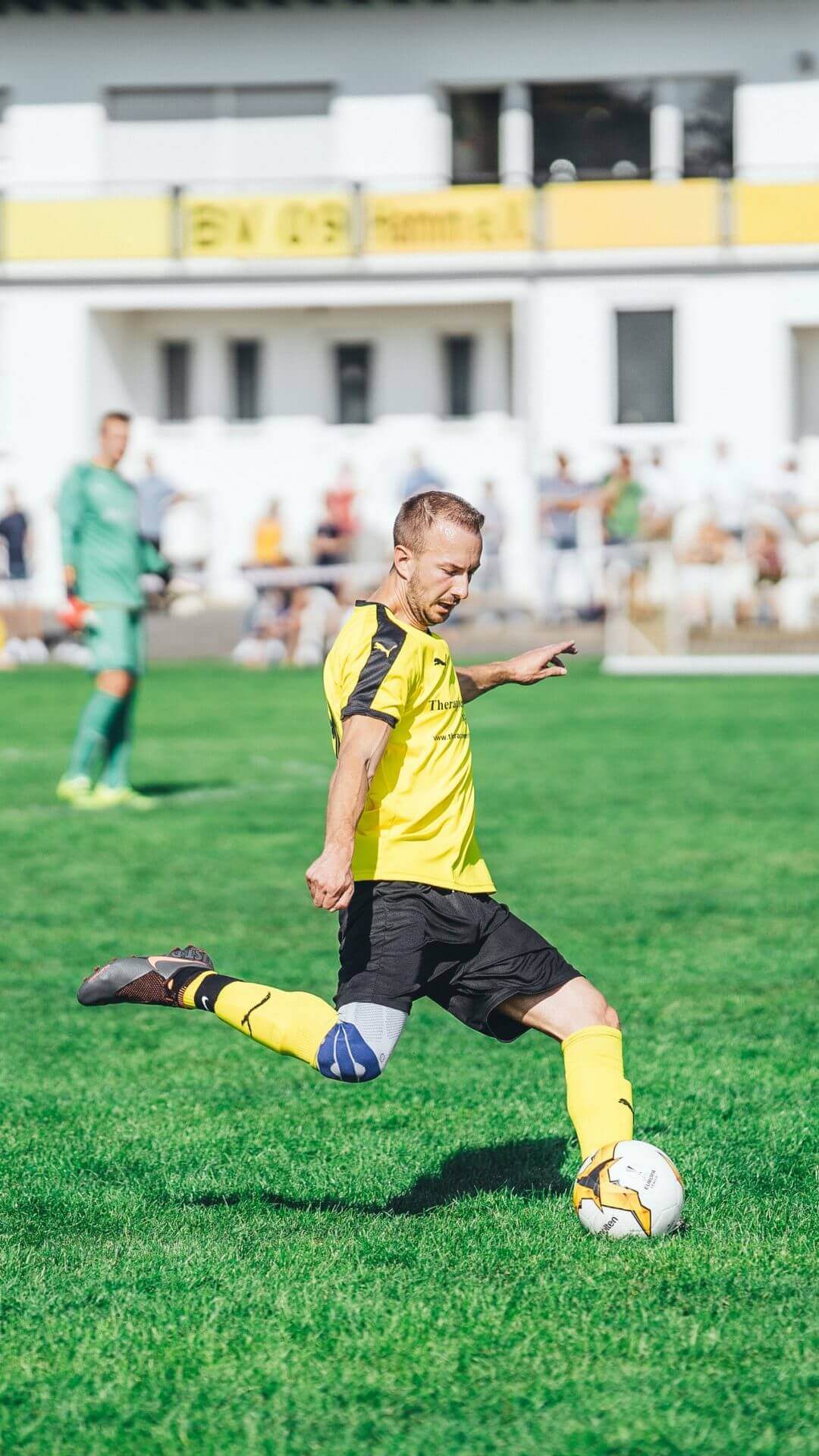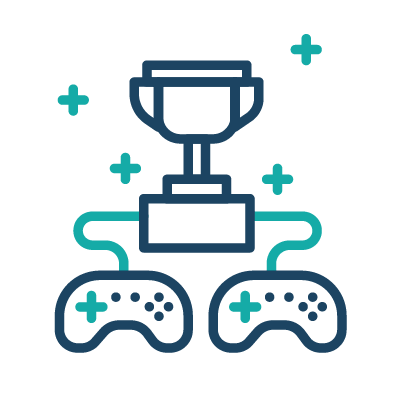Vision Skills for Athletes
- Eye-Hand-Body Coordination
This is how your hands, feet, and other parts of the body respond to the information gathered through your eyes. Eye-hand-body coordination, often referred to as simply hand-eye coordination, is an essential skill in many sports, especially those where precise timing and control are required to perform at high levels. One example of the importance of this skill can be seen in baseball, where batters are required to hit pitches thrown at speeds as fast as 100mph, leaving them mere moments to decide whether to swing or not.
Eye tracking is an essential skill in any sport involving a ball or fast moving opponents, enabling athletes to track a moving target with minimal head motion so they remain capable of taking necessary actions quickly. For example, in Tennis, the entire aim is to keep track of a small, fast-moving ball, so you can hit it back onto your opponent’s side of the field, making eye tracking a vital skill.
Peripheral vision is your ability to see objects on the edges of your visual field, “out of the corner of your eye.” This grants increased awareness of what is going on around you, especially vital if there are multiple moving objects to keep track of. For example, in fast moving team sports like soccer, it’s important to have good peripheral vision so that players can keep track of both their teammates and opponents as they move up and down the field. Another great example is a pitcher in baseball, who must use their peripheral vision to be able to see if someone is stealing bases.
Dynamic visual acuity is the skill which enables an athlete to clearly see and track moving objects while they are also in motion. This skill is especially important in sports like tennis, hockey, and cycling.



















